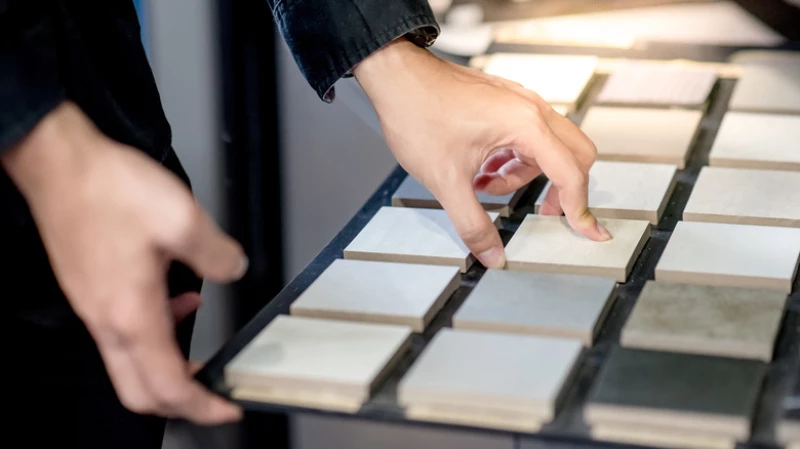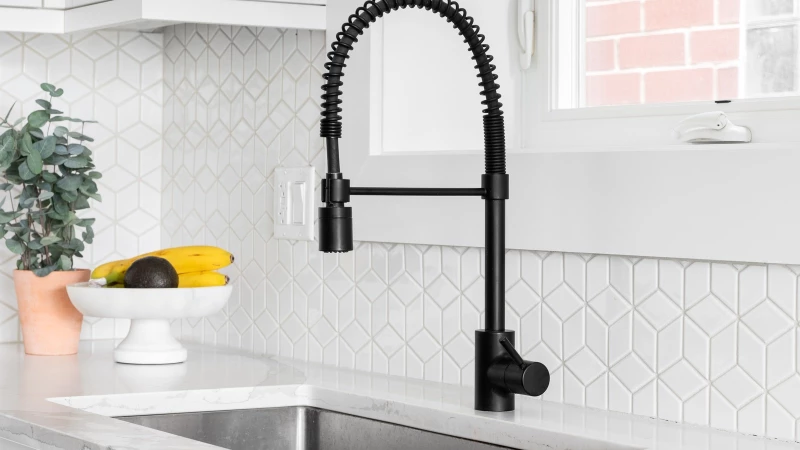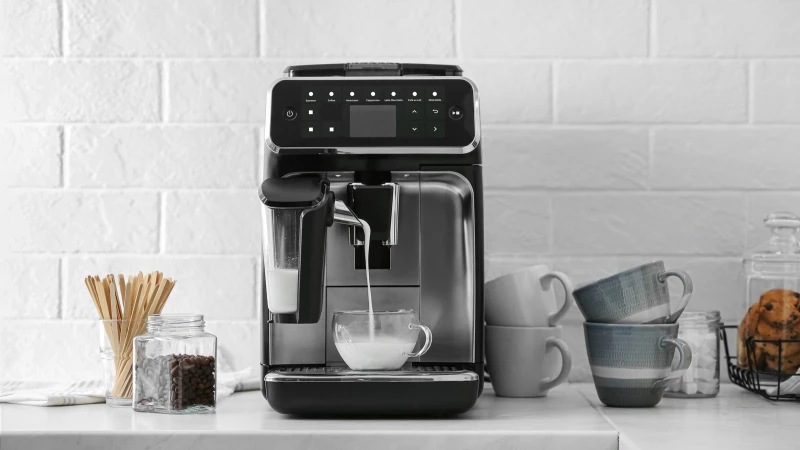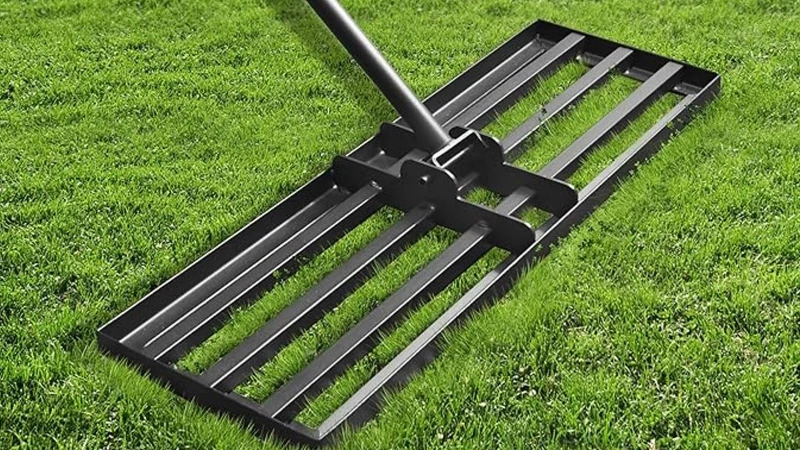If you own a modern home, chances are you desire a contemporary patio to match. A modern home is characterized by sleek lines, minimalist color schemes, and simple details. With this in mind, it's important to carefully design your modern patio. Traditional materials like brick, slate, or granite may appear too formal. Instead, opt for something more current, like porcelain. Its clean lines and minimalist look will seamlessly blend with the latest designs. However, before committing to a full porcelain patio, it's essential to consider its grade.
Understanding Porcelain Tile Grades

Dubbed the "PEI rating scale" and created by the Porcelain Enamel Institute, the grade measures how hard the glaze is. It is evaluated on a scale from one to five, with one being the weakest and only suitable for light traffic and five being the strongest and ideal for heavy traffic. The rating tests how abrasion-prone the tiles are, giving the consumer an idea of how easily scuffed their selection could get. However, while five might be the strongest, that doesn't necessarily mean you should get that class. Here is a deeper look into how to choose the right porcelain tile grade for your modern patio.
First off, the PEI scale doesn't measure quality, just durability. That means you aren't pigeonholed into Grade 5 porcelain if you want the best tile for your project. Instead, you should choose the grade that best fits the amount of foot traffic you anticipate the area will receive. Think of it this way: if Grade 1 tile is the least durable, then it might not hold up as entryway flooring, but it would be great for a backsplash. To make an informed decision, you need to know what the different grades entail.
When it comes to choosing porcelain tiles for your home, it's essential to consider the grade of the tiles. Grade 1 porcelain tiles are perfect for wall applications, whether you want to create a statement wall, a kitchen backsplash, or a shower wall. On the other hand, Grade 2 tiles are suitable for light traffic areas like formal living rooms and dining rooms, as well as countertops.
For areas with average foot traffic, Grade 3 porcelain floor tiles are the ideal choice. They work well in various rooms, including the entryway, kitchen, and even modern patios. Moving up to Grade 4 and 5, these grades are more suited for commercial buildings such as shops or restaurants, although Grade 4 can also be used in high-traffic areas at home like mudrooms or patios.
It's important to note that Grade 5 tiles are typically reserved for places with extremely high traffic, like hospitals or schools, and may not be necessary for most residential applications.
Caveats to keep in mind
Now that you know which grade of tiles to choose for your outdoor patio, there are some caveats to consider before making a purchase. While the PEI rating indicates the durability of the tile's glaze, it doesn't provide information on thickness, crack resistance, or slip resistance for outdoor flooring. However, for a patio setting where heavy objects are not likely to be dropped, the PEI rating should suffice.
When it comes to choosing patio tiles, it's essential to consider the PEI rating. Tiles with a higher PEI rating are more durable but also come with a higher price tag. However, this doesn't mean you can't find patio tiles that fit your budget. Keep in mind that porcelain tiles for patio flooring will be pricier than those used for a backsplash. To determine the PEI rating, check the product description, sales sheet, or packaging. If you can't find the rating, look at where the tile is recommended to be installed. If it's suitable for interior or outdoor flooring, it's a good choice for your patio.








